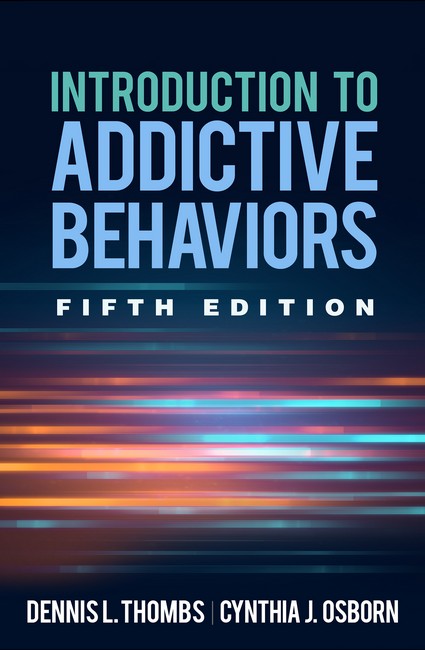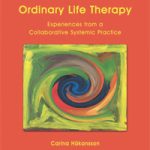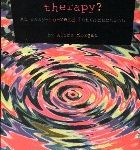Now revised and updated, this widely used text comprehensively reviews theories of addiction to give students and professionals a multidisciplinary foundation for clinical practice. It explores the causes and mechanisms of substance and behavioural addictions, as well as implications for helping people recover.
Providing a science-based perspective, the text emphasizes the importance of using treatment and prevention strategies that are grounded in evidence. Thoroughly updated chapters address disease models; public health approaches; understanding and treating comorbidity; psychoanalytic, behavioural, cognitive, and family systems models; sociocultural approaches; behavioural addiction; and motivational models. Student-friendly features include end-of-chapter summaries and review questions.
New to This Edition
- Updated throughout with current research and clinical advances.
- Discussions of cutting-edge topics: genetics of addiction, addiction stigma, and the opioid epidemic.
- New and revised clinical vignettes and review questions.
Contents:
- 1. Conceptualization of Addictive Behaviour and the Need for Informed Practice
- 2. The Disease Models
- 3. Public Health and Prevention Approaches
- 4. Understanding the Co-Occurrence of Substance Use and Psychiatric Conditions
- 5. Psychoanalytic Formulations
- 6. Conditioning Models and Approaches to Contingency Management
- 7. Cognitive Models
- 8. The Family System
- 9. Social and Cultural Foundations
- 10. The Controversial Science of Behavioural Addiction
- 11. Promoting Motivation and Autonomy for Personal Change
- 12. Linking Theory, Evidence, and Practice
Author Bio:
Dennis L. Thombs, PhD, FAAHB, is Professor and Dean of the School of Public Health at the University of North Texas Health Science Center in Fort Worth. The focus of his scholarship is addictive behaviour, with special interests in the epistemology of addiction, and in alcohol and drug use during the period of emerging adulthood. In recent years, his research has focused on analyzing drinking practices and their consequences in natural settings. Dr. Thombs is Managing Co-editor of the American Journal of Health Behaviour. He is past President and Fellow of the American Academy of Health Behaviour.
Cynthia J. Osborn, PhD, LPCC-S, LICDC, is Professor of Counsellor Education and Supervision at Kent State University. Her clinical background is in treatment of adults with co-occurring disorders (substance use disorders and mental illness). Her teaching, supervision, and scholarship focus on addictions counselling, particularly evidence-based practices such as motivational interviewing. She is a member of the Motivational Interviewing Network of Trainers and has extensive experience in the clinical supervision of counsellors-in-training and professional counsellors.
Review:
“This is one of the best books I have read that integrates theory, research, and practice in addictions. The highly accessible fifth edition includes outstanding coverage of the genetics of addictive behaviors, as well as other updates. What I love about this book is that Thombs and Osborn offer the reader a wide variety of strategies for addressing substance use problems, providing the flexibility needed to meet the needs of different groups of clients. I will use this text in my master’s-level social work courses; it is a great resource for students as they develop as clinicians and begin to practice in diverse settings.” – Mary Marden Velasquez, PhD, Director, Health Behaviour Research and Training Institute, School of Social Work, The University of Texas at Austin.





